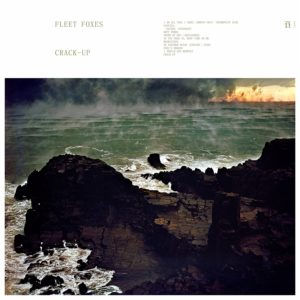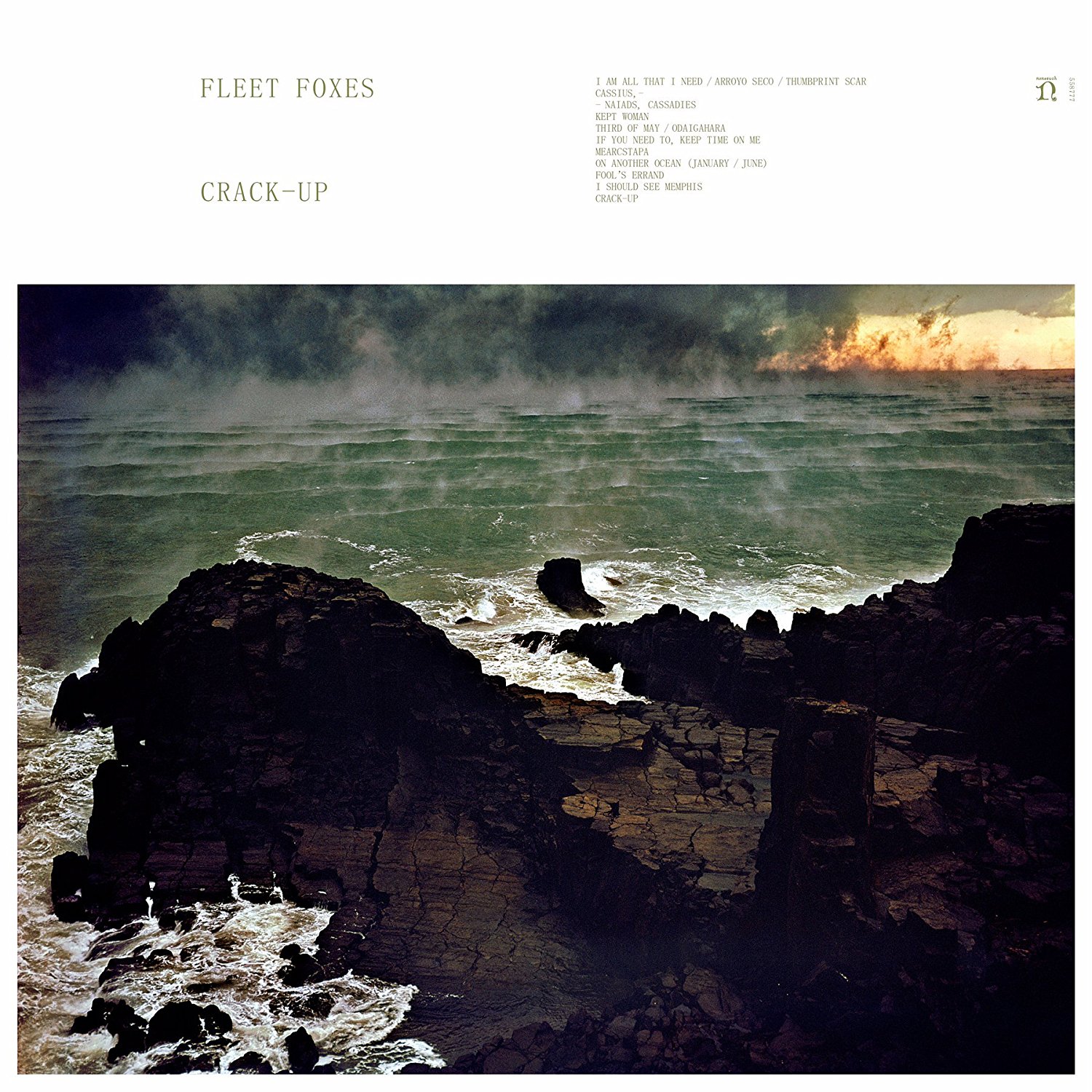Fleet Foxes
Crack-Up
NONESUCH
8/10
Fleet Foxes albums demand to be listened to in their entirety. When you walk away from one, you’re not so much thinking about any particular three-minute stretch; what makes an impact is the wide-open, expansive whole. Both their 2008 self-titled debut and 2011’s Helplessness Blues feel like expeditions of discovery, borderless and unfettered—a generous unraveling of melody, harmony, and texture. Individual songs are pieces of the patchwork, a means to an end.
So it was probably just a matter of time before they went prog. I’m kidding, kind of, though you may have noticed that the first single released from their third album, Crack-Up, is a tune called “Third of May / Ōdaigahara,” a nine-minute, multi-suite epic, a rush of drums, guitars, strings, and harmony vocals. Also note that a song called “On Another Ocean (January / June)” is indeed a two-parter, while the opening track has three distinct titles: “I Am All That I Need / Arroyo Seco / Thumbprint Scar.”
All of this makes the album sound grand and ambitious and complicated, which it is: No previous Fleet Foxes album has reached as far or soared as high; no Fleet Foxes album has felt as symphonic, as carefully conceived, or as dense. But don’t let any of that throw you off, because this is in many ways an extension of Helplessness Blues: endless rolling waves of voice and tune, where the lines between individual songs aren’t as important as the sheer physical heft of the thing, and the way little snatches of lyric or melody linger in your head after the music stops playing.
This band does delicate beauty so well that the stand-out moments of Crack-Up tend to be the ones where they let their hair down a bit: The album opens with a disarmingly rough, lo-fi whisper before erupting into spirited stabs of rock. By contrast, a song like “Fool’s Errand,” which seems to fold layer upon layer of smooth strings and harmony into itself, drifts by at first but reveals more over repeated plays.
The lyrics fit the tunes: They are lovely, flagrantly emotional, at times a little rambling. They seem stream-of-conscious and off-the-cuff at first, until you notice how many images and phrases are repeated in different songs. “Fire can’t doubt its heat / Water can’t doubt its power,” Robin Pecknold sings in “– Naiads, Cassadies.” The music on Crack-Up feels similarly elemental—powerful in a way that can’t be denied, reduced, or explained through metaphor. You just have to dive in.









